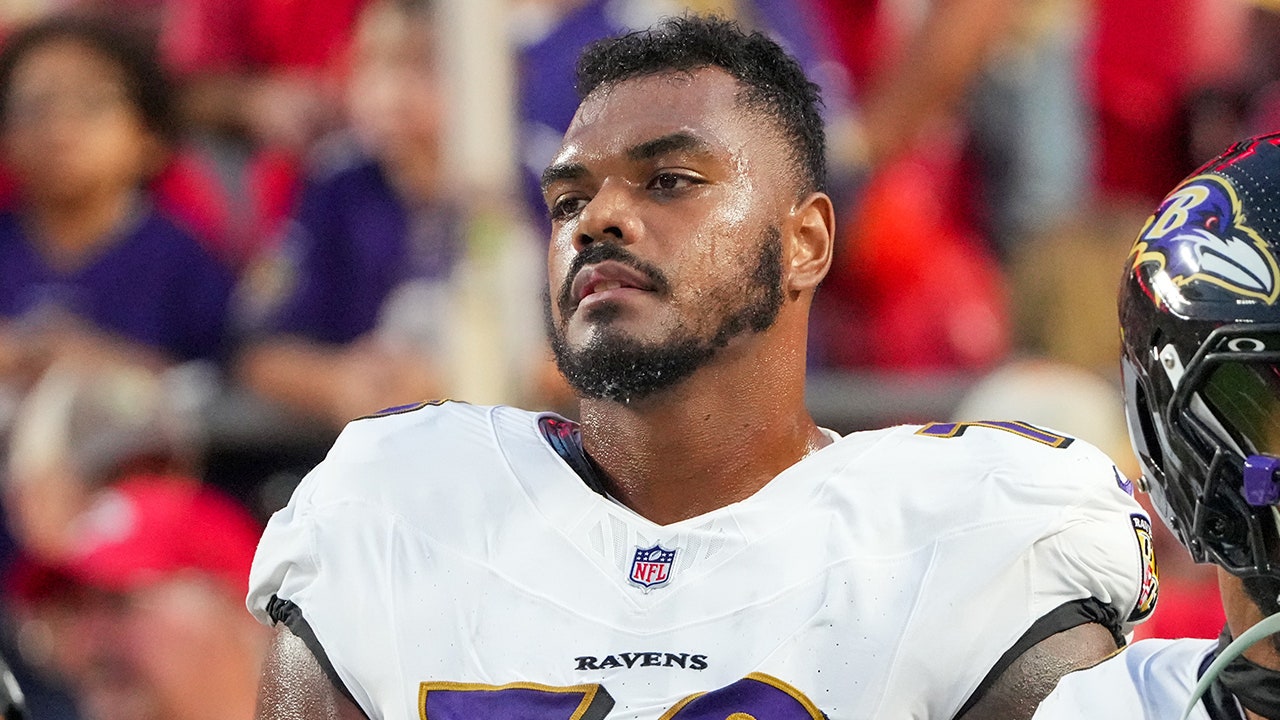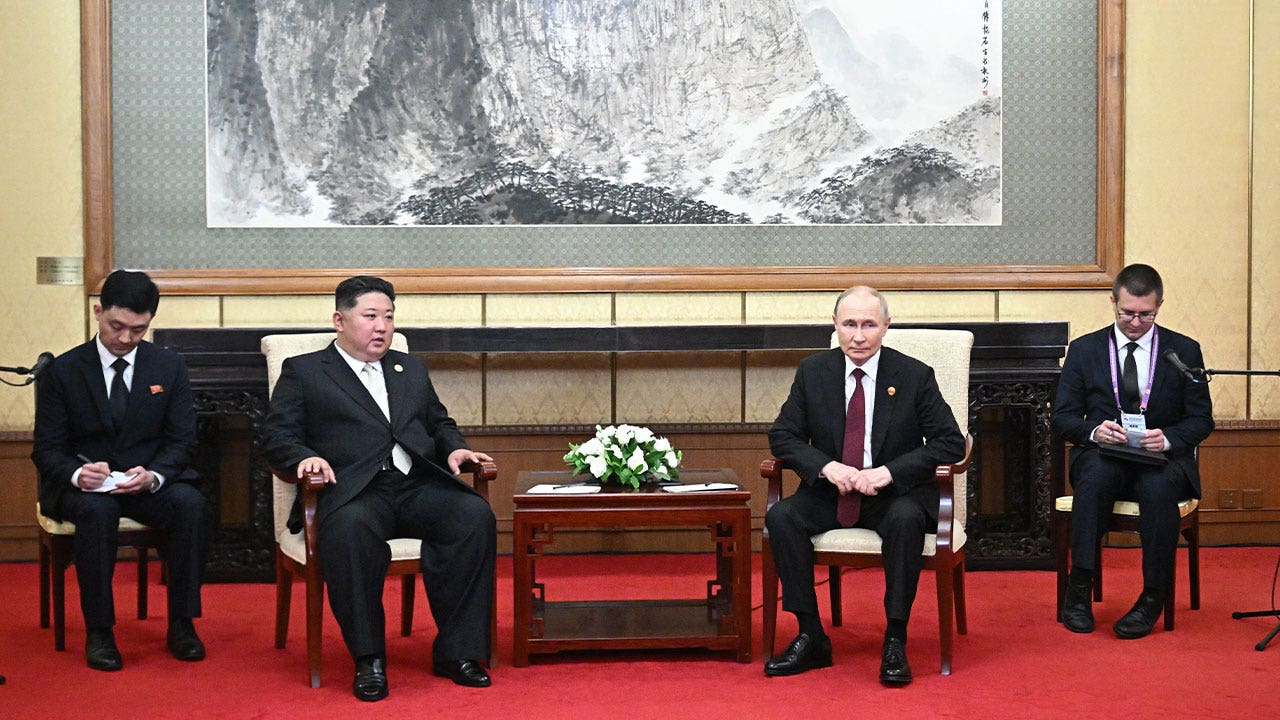The unseen toll of antisemitism: How hate leaves lasting scars on Jewish children
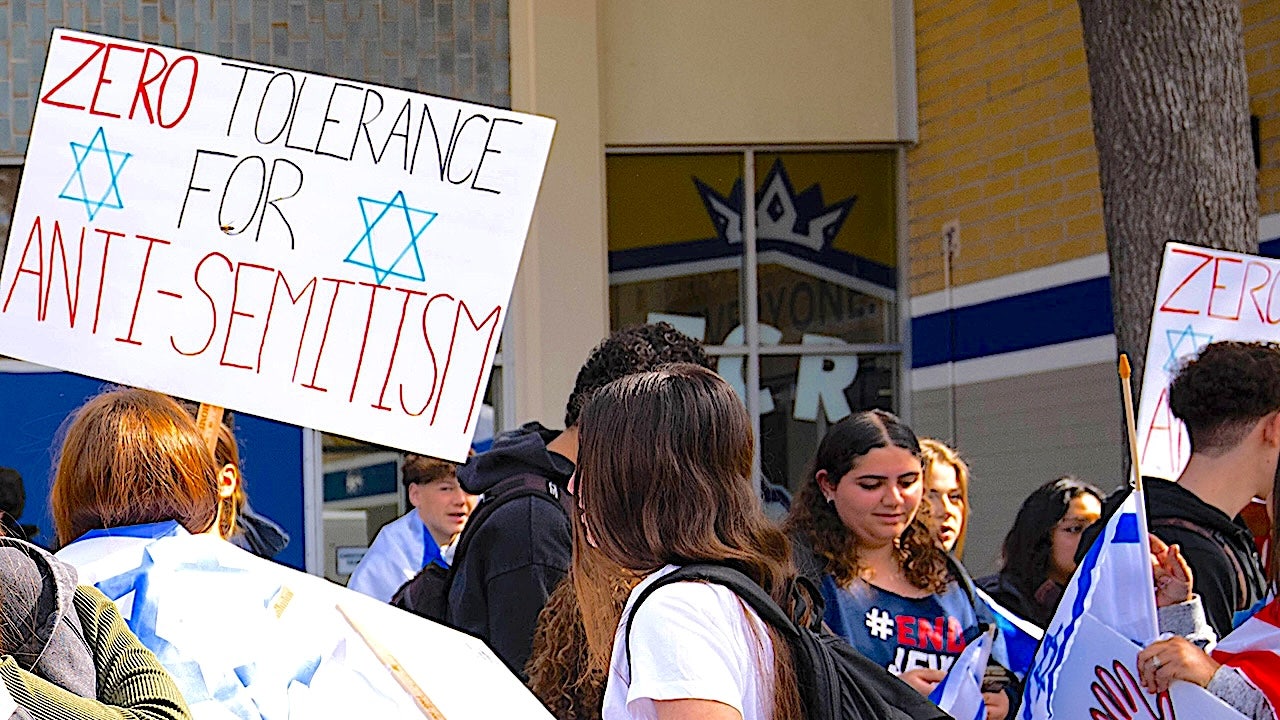
NEWYou can now listen to Fox News articles!
I’ve spent decades as a forensic psychologist and clinical traumatologist treating traumatized people. Trauma disrupts functioning and wellbeing. Some assume that traumatic reactions are the response to violence or catastrophic accidents, yet another form of trauma — quieter, more insidious, and often overlooked — is spreading through our schools and campuses: the trauma of antisemitism.
Persistent exposure to hate is traumatizing. The American Psychological Association has recognized that children facing bias-based bullying manifest anxiety, depression, and psychosomatic complaints. For Jewish children, rising antisemitism — in hallways, classrooms, and online — has become a chronic stressor, with the specter of hate which floods the media and internet, stalks universities and marches in the streets evokes the self-same symptoms of severe distress seen in other forms of overt and objective assault and terror.
FROM MEMES TO MISINFORMATION: GEN Z CREATORS FIGHT BACK AGAINST ANTISEMITISM ONLINE
A recent survey found one in four American Jewish students experienced antisemitic incidents, and more on college campuses, reporting assault, threats, social rejection and a perception that teachers may condone discrimination.
A 2021 study found that discrimination-based bullying doubles the risk of clinical depression in teens.
Academic Impairment: Trauma consumes cognitive resources and concentration, leading to declining grades and disengagement.
Identity Confusion: Stigmatizing Jewish identity results in students internalizing shame or hiding their heritage. This can fracture self-image, splinter families, and hinder identity development.
Generational Trauma Transmission
Antisemitism also reverberates across generations. Jewish families carry echoes of the Holocaust and past persecution trauma – intergenerational transmission – with children absorbing their own experiences and the distress of their parents and grandparents. Today’s antisemitism can trigger old wounds in families when the post-Holocaust assertion of “Never Again” gives way to “Again”, with today’s realities reactivating dormant fears.
A 2022 study found elevated stress markers in Holocaust-survivor descendants, suggesting that trauma becomes biologically embedded, so exposure to further persecution and prejudice stokes the embers of fears extinguished 80 years ago. Campus threats and hate messages of “you are not welcome and not safe here” inflames that horror history.
CLICK HERE FOR MORE FOX NEWS OPINION
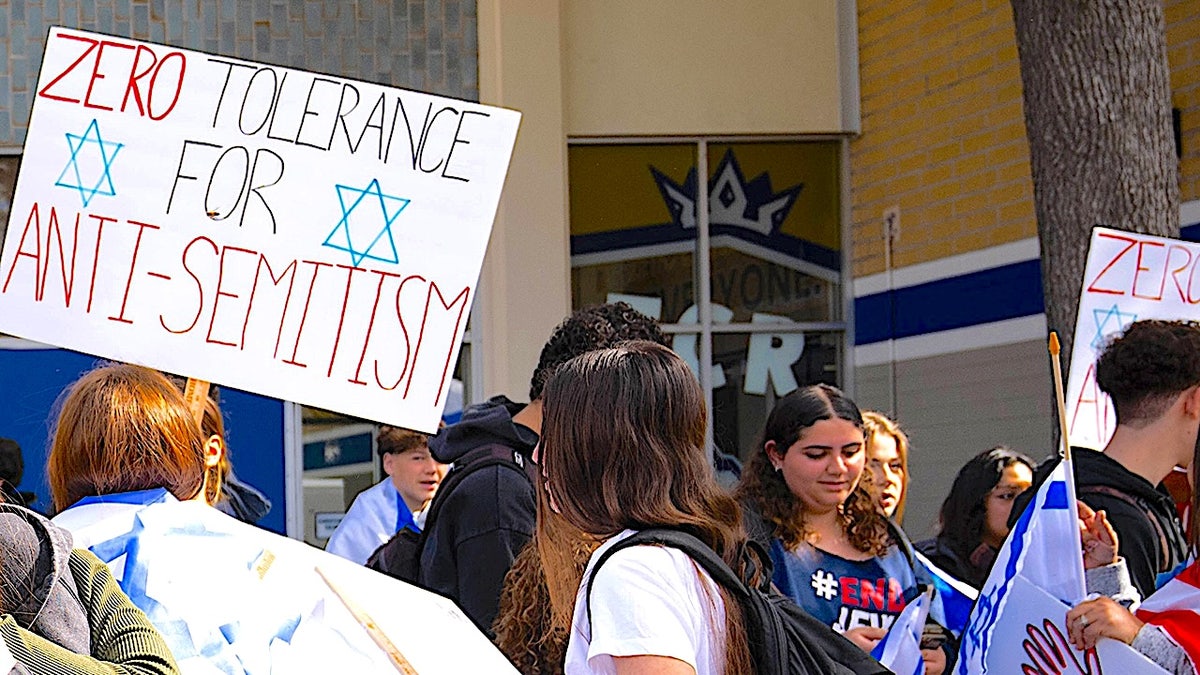
Recently, a 23-year-old man murdered students at the Annunciation Catholic Church mass shooting in Minneapolis, although his media trail showed he hoped to massacre Jews too. Several years ago, I treated another campus community where a person opened fire. He too planned to target Jews but, just as tragically, each of the people whom he killed was Catholic. In court, he regretted that error, declaring that he had hoped his victims were Jews, as if this would mitigate his crime to justifiable homicide. Providing intervention to Catholic and Jew alike, I then trained a team of interventionists whose trauma-induced hope was to be prepared for subsequent attacks.
Following a shooting at a Jewish school in another community, I provided “debriefing” to the faculty and students. The husband of one teacher, non-Jewish, insisted that she resign, fearing that at the next attack there, she might be mistaken for a Jew.
Access to weaponry, internet games touting bloodshed, massive marches calling for death to Jews: we witness indoctrination of Americans and proliferation of violent attacks. I deal daily with old and young Jewish people terrified to leave home. The risks are real, as are their legitimate fears.
When children cannot talk about what is happening, unwilling to report antisemitic incidents, fearing blame, shame or disinterest, silence isolates them, deepening trauma. Clinical research with victims of hatred shows that when distress is unexpressed, major emotional, psychological and even physiological symptoms emerge. What the voice does not express audibly gets communicated silently, through mental and physical deterioration.
SIGN UP FOR ANTISEMITISM EXPOSED NEWSLETTER
What we must do:
Train educators to recognize antisemitism as a mental health risk.
Guide parents to listen without dismissing a child’s fears. “Just ignore it” invalidates, making them less likely to seek help.
Enforce school policies with the same seriousness applied to other forms of hate speech or discrimination.
Jewish organizations must offer trauma support. Programs like Chai Lifeline’s Crisis Services provide coping tools and resilience strategies for victims.
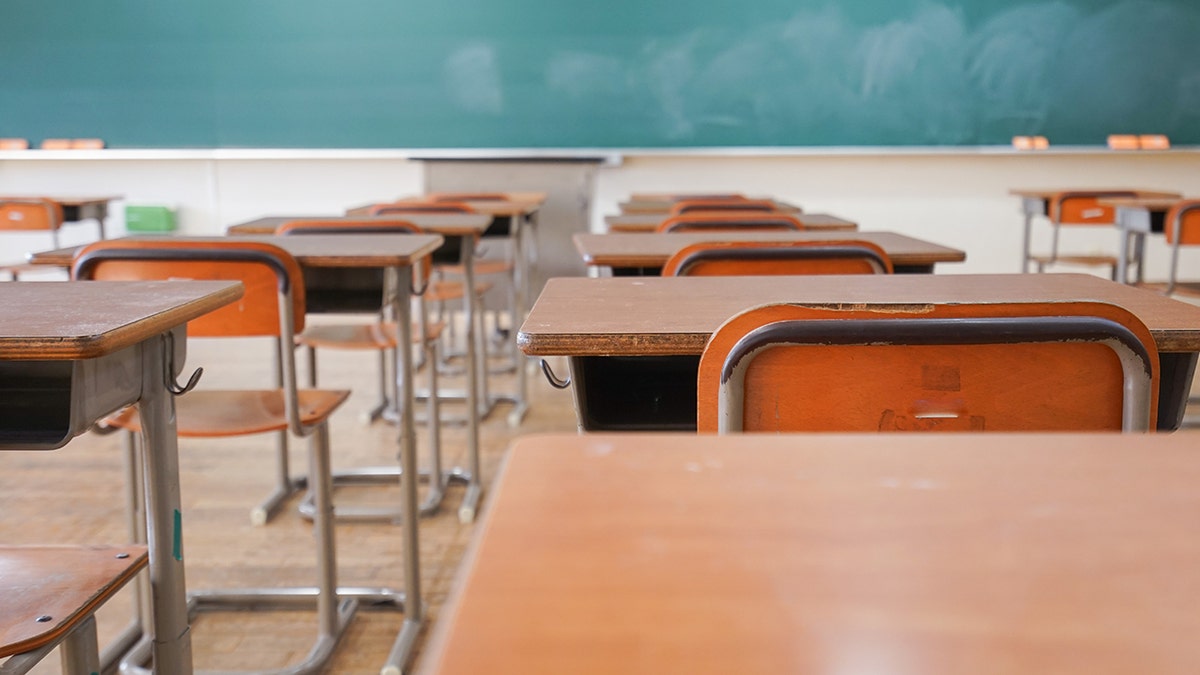
Prevention is essential. Schools need programs on sensitivity and tolerance. Antisemitic Jew-hatred has many accepting that twisted ideology knowing nothing about Jews other than tropes and stereotypes based on hateful ignorance. Recent statistics indicate that nearly two-thirds of American youth parroting antisemitic rhetoric claim to support Hamas in its murderous attacks against Jews. An effective prevention model must include, at least, balanced information, and ideally, the humanization of Jews in the eyes of those manipulated by dehumanizing diatribes.
Antisemitism is a societal problem and a public health issue for our children. Every rejecting slur in a hostile classroom foments distress, leading to lifelong scars.
For this generation of Jewish children to thrive — academically, emotionally, and spiritually — we must recognize antisemitism for what it is: a trauma that wounds not just individuals but communities. The mental health of our children needs protection. The mental health and stability of all of humanity needs it too.



